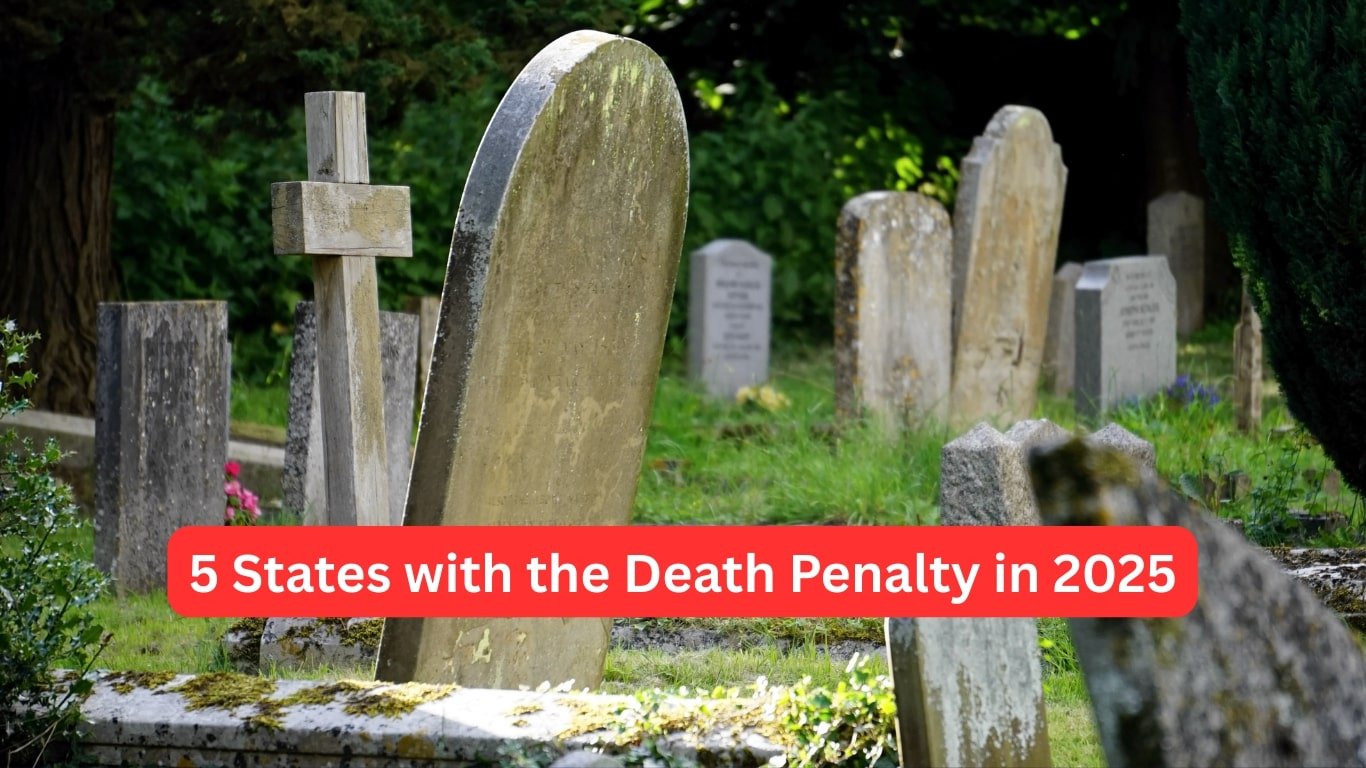The death penalty remains one of the most debated topics in the United States. While many states have abolished capital punishment over the past few decades, several continue to uphold it, arguing that it serves as a deterrent for the most severe crimes. In 2025, only a handful of states still actively sentence individuals to death and carry out executions. Below, we look at five states that retain the death penalty and examine why they still enforce it.

1. Texas
Texas has long been known for its high rate of executions compared to other states. It has one of the largest death row populations and carries out more executions each year than any other state. Supporters of capital punishment in Texas argue that it delivers justice for victims and serves as a strong deterrent against violent crime. Critics, however, point to concerns about wrongful convictions and the high costs of the appeals process.
2. Florida
Florida continues to enforce the death penalty, with a number of inmates awaiting execution in 2025. The state has a history of high-profile capital cases, and its laws make it relatively easy for prosecutors to seek the death penalty. Recent legislative changes have streamlined the appeals process, which supporters claim will deliver faster justice. Opponents argue that these changes could increase the risk of executing innocent people.
3. Alabama
Alabama is among the states with the highest number of executions per capita. The state recently made headlines for allowing nitrogen gas as an alternative method of execution, sparking national and international debates. Advocates of capital punishment in Alabama believe it upholds law and order, while critics cite racial disparities and procedural flaws in death penalty cases.
4. Oklahoma
Oklahoma has faced significant scrutiny for its execution methods, especially after a series of botched lethal injections. Despite this, the state continues to enforce the death penalty in 2025 and has resumed executions after a temporary halt. Officials claim the death penalty is necessary for punishing the worst offenders, while opponents call for a complete overhaul of the state’s justice system.
5. Missouri
Missouri remains firm in its use of the death penalty, with executions carried out regularly in recent years. The state has a relatively small death row population but processes cases more quickly than many other states. Supporters emphasize swift justice for victims, while critics stress the irreversible nature of capital punishment in the face of potential wrongful convictions.
Why These States Still Use the Death Penalty
These states cite several reasons for maintaining capital punishment. Deterrence is often the most common argument — the belief that the threat of execution discourages violent crimes. Retribution is another factor, with proponents believing that certain crimes deserve the ultimate punishment. Additionally, in some regions, public opinion still heavily favors the death penalty, making political change unlikely in the near future.
A Few Things to Keep in Mind
While the death penalty is still legal in these states, the number of executions nationwide has declined over the past two decades. Legal challenges, changes in public opinion, and growing awareness of wrongful convictions have all contributed to this trend. Anyone following capital punishment laws should remember that policies can shift quickly, and ongoing legal battles could change the landscape in the coming years.


